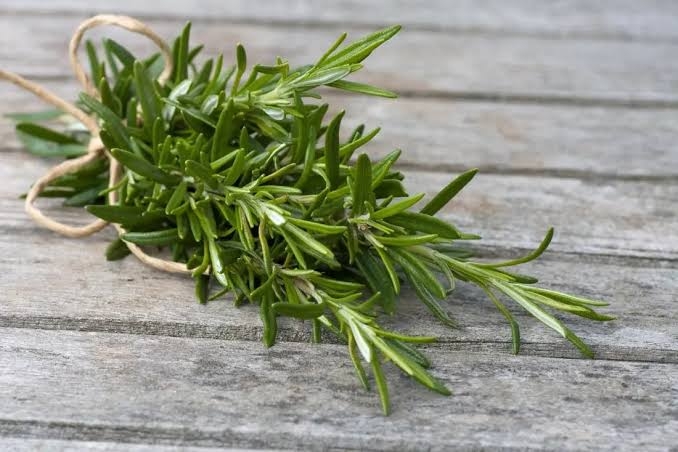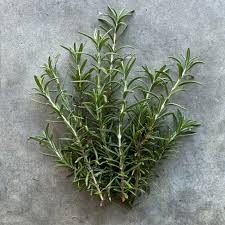




Day 6: Exploring Historical Herbs; Rosemary
esther princess matthew@estherprincessmatthew739838
1 year ago
Rosemary, a fragrant evergreen herb with needle-like leaves, has a rich history dating back to ancient times. Its name, derived from Latin, translates to "dew of the sea."
Historical Significance:
1. Ancient Egypt: Egyptians revered rosemary for its medicinal and embalming properties. It was often used in religious ceremonies and to honor the dead.
2. Ancient Greece and Rome: The Greeks and Romans valued rosemary for its cognitive benefits, believing it could improve memory and concentration. Roman soldiers wore rosemary wreaths to enhance their alertness and courage.
3. Medieval Europe: During the Middle Ages, rosemary was widely used in herbal medicine. It was believed to strengthen the heart, improve circulation, and alleviate headaches.
4. Culinary Uses: Rosemary has long been a popular culinary herb, adding a distinctive flavor to a variety of dishes, particularly meats and roasted vegetables.
Modern Uses:
Culinary: Rosemary is used to flavor a wide range of dishes, including roasted meats, soups, stews, and breads.
Medicinal: Rosemary essential oil is often used in aromatherapy to improve mood, memory, and focus. It may also have potential benefits for hair growth and scalp health.
Cosmetic: Rosemary extract is found in many skincare and hair care products, as it can help soothe skin irritations and promote hair growth.
Whether you're using it to enhance your cooking, boost your cognitive function, or simply enjoy its fragrant aroma, rosemary continues to be a beloved herb with a rich and storied past.
CC: MedicalNewsToday/Herb fresh/Menopause National Solution
#LostBeautyArts
#WellnessArts

